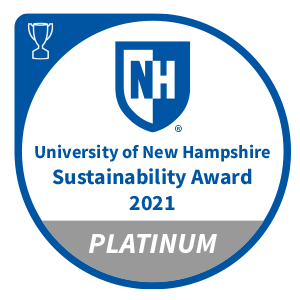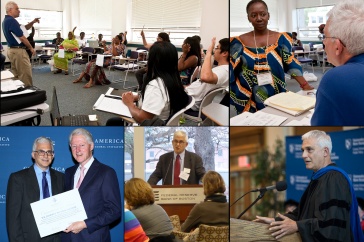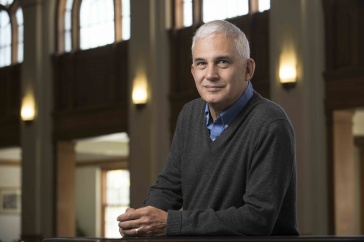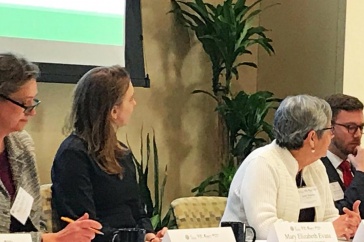Center for Impact Finance

The Center for Impact Finance (CIF) addresses income and wealth inequality and the need for increased access to capital for underserved communities through applied research, training, and practitioner-driven solutions. CIF is home to respected thought leaders in the community and economic development field and has a successful track record of working with practitioners to develop actionable policy and finance solutions to the challenges of low-income communities. CIF conducts original applied research, provides training for community-based lenders and developers, creates and implements financing products, projects, and policies, and convenes the community and economic development field to promote collaboration.

Trainings
CIF has partnered with multiple organizations to offer self-paced and instructor-led courses.

Projects
The CIF team is working on a number of projects across the community development field.
Highlights
Financial Innovations Roundtable
The Financial Innovations Roundtable (FIR) creates cross-sector partnerships among conventional and non-traditional lenders, investors, and markets to provide low-income communities with increased access to capital and financial services. FIR is not only a think tank, it is a “think-do” tank. Some of the most successful ideas developed at the FIR have been implemented, resulting in new tools, policies, and practices. These innovations have resulted in millions of dollars being directed into investments in affordable housing, small and minority businesses, community facilities, and other community development efforts.



